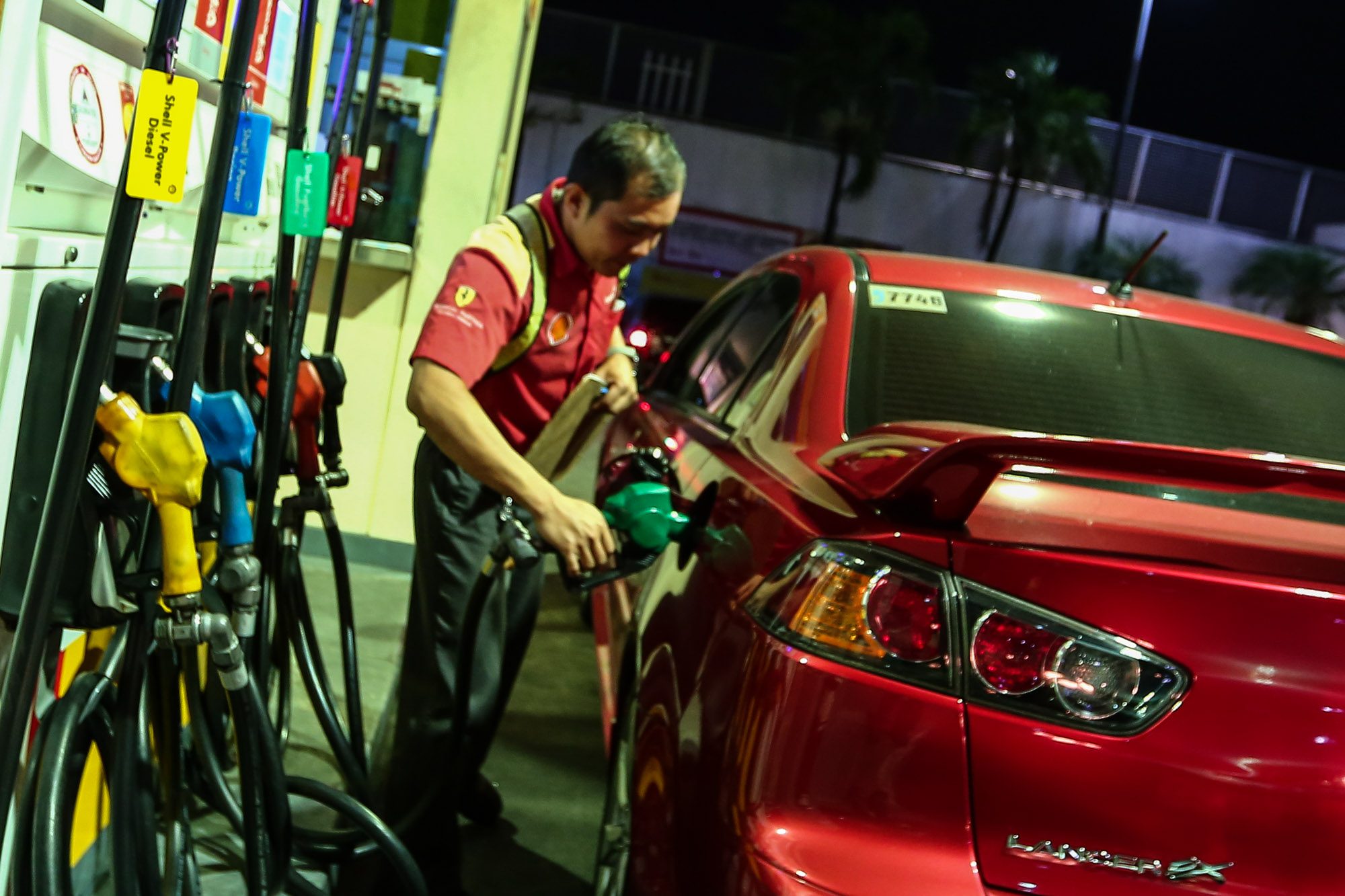SUMMARY
This is AI generated summarization, which may have errors. For context, always refer to the full article.

MANILA, Philippines – Biofuels industry stakeholders are asking the government to allow an increase in the coconut methyl ester (CME) blend from 2% (B2) to at least 3% (B3) in diesel as copra prices continue going down.
Asian Institute of Petroleum Studies president Rafael Diaz noted that the government has yet to approve the increase to B5, or a 5% CME mix in diesel.
“We will consider the B3 as a compromise if they don’t want to implement the B5. Then we can move to B3 first then B4 the next year,” Diaz said on Thursday, July 11.
The Department of Energy (DOE) has yet to finish its study on implementing the B5 blend. The agency has to see the effects of a vehicle running on B5 after it has reached 30,000 kilometers (km). So far, only 12,000 km has been reached.
Republic Act No. 9367 or the Biofuels Act of 2006 mandates the blend of biofuels in diesel to reduce the country’s dependence on imported oil. By 2020, the biodiesel blend should already be at 10%, according to the Philippine Energy Plan 2012-2030.
The energy plan and the Biofuels Act also provide support for coconut farmers as biofuels would take up almost one-third of local coconut oil production, ensuring them of more steady income.
Coconut oil is extracted from copra, or the dried meat of the coconut. (READ: Department of Agriculture eyes more high-value coconut products)
The Philippine Biodiesel Association spokesperson and United Coconut Association of the Philippines (UCAP) chairman Dean Lao Jr said the country is the pioneer of blending biodiesel in Southeast Asia.
“But when Indonesia and Malaysia followed suit, they immediately jumped to 5% using palm-biodiesel. Indonesia is already considering increasing that level to 30%. Why are we getting left behind?” he added.
Price increase?
There are a handful of companies in the Philippines that manufacture biodiesel from coconut oil, like Chemrez Technologies. As one of the bigger producers, its facility can produce as much as 7 million liters a month.
However, the plant currently churns out only about 4.5 million liters due to the low biodiesel blend. Should the blend increase, the company said it would be able to accommodate the higher demand.
The government, however, remains cautious after the passage of the fuel excise tax hike, as a higher biofuels blend may increase the price of diesel even more.
But Diaz, who also serves as an adviser to the DOE, said that contrary to the agency’s earlier computation, implementing the use of B5 would result in a 20-centavo increase in diesel prices per liter, not P2.
“If there is a 10% mileage improvement and diesel cost is at P40, you can effectively save P4 per liter,” he added.
Despite the slight price increase should the mix go up to 5%, UCAP vice chairman Marco Reyes said that the improved mileage would still help public utility vehicle drivers.
“Because of the increase in mileage, instead of 10 trips, they can have 12 trips, 13 trips,” he said.
“They are so afraid [of] the price increase, but in fact, they will earn more, they will save more. Let’s focus there.” – Rappler.com
Add a comment
How does this make you feel?
There are no comments yet. Add your comment to start the conversation.